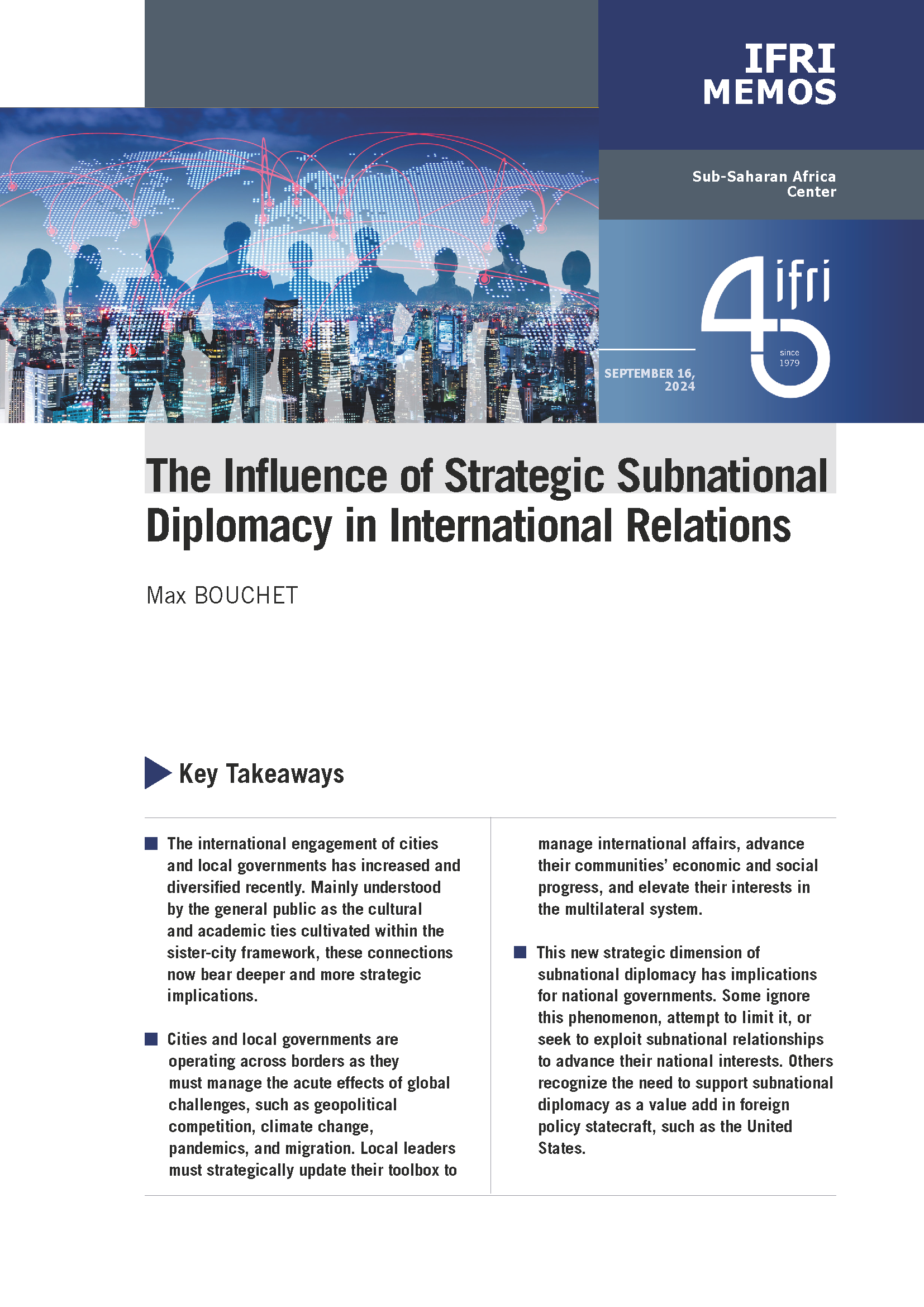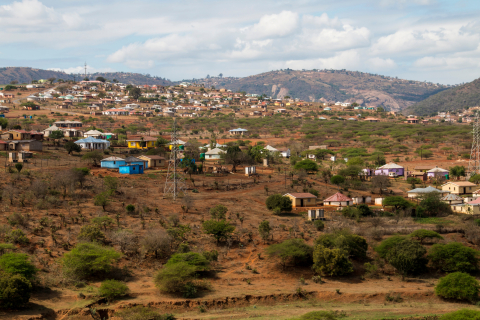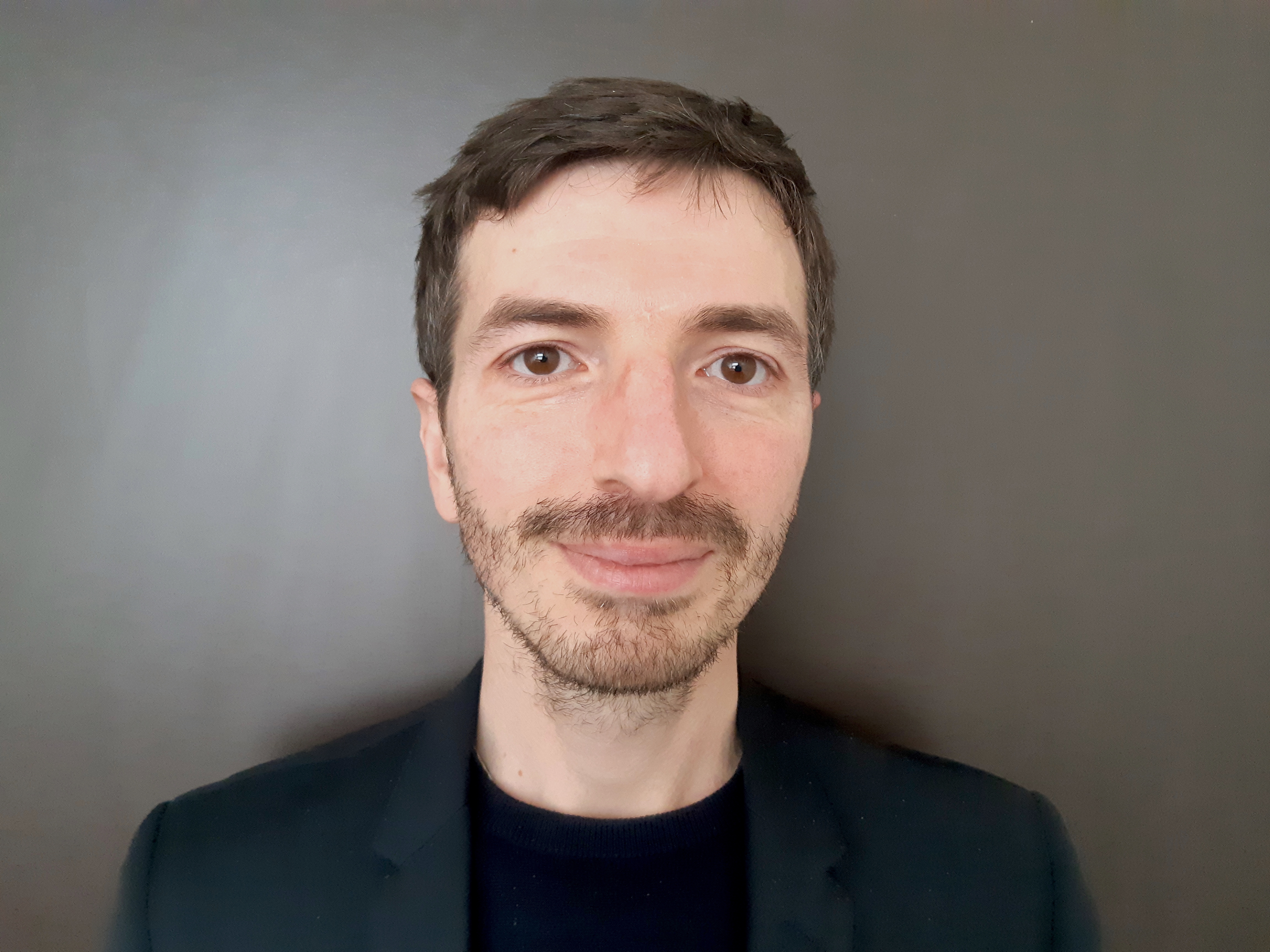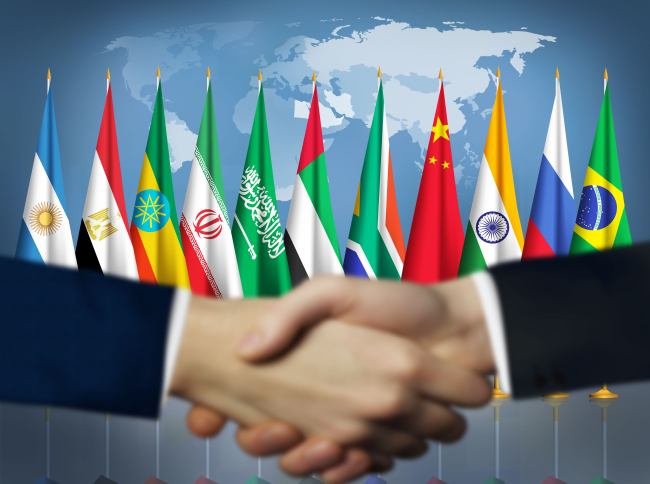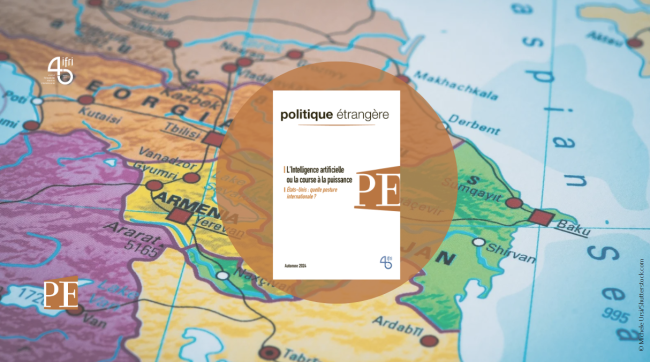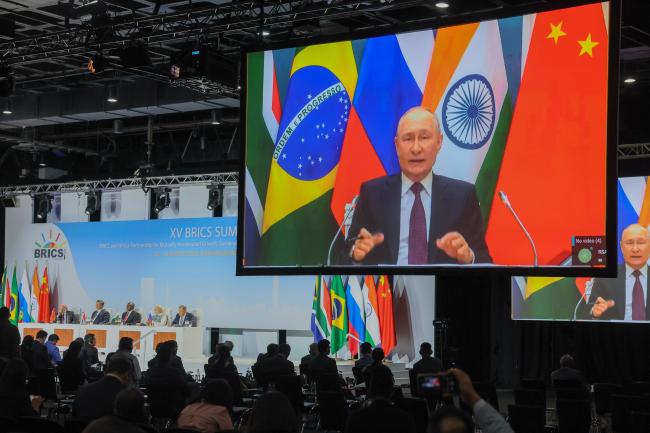Russia in the Arctic: The End of Illusions and the Emergence of Strategic Realignments
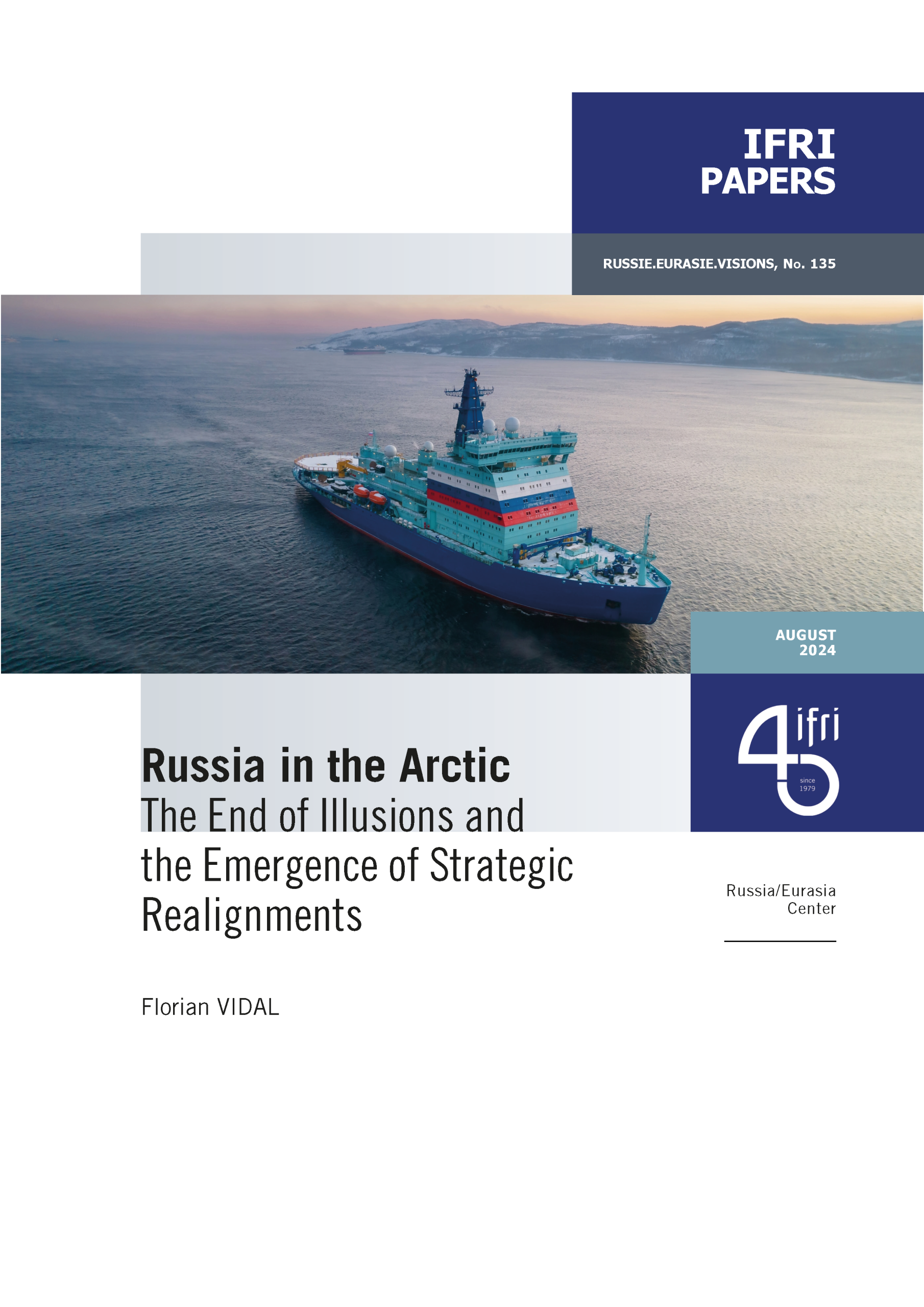
Russia’s full-scale invasion of Ukraine has triggered profound changes in the Arctic region, the consequences of which remain uncertain in the long term.
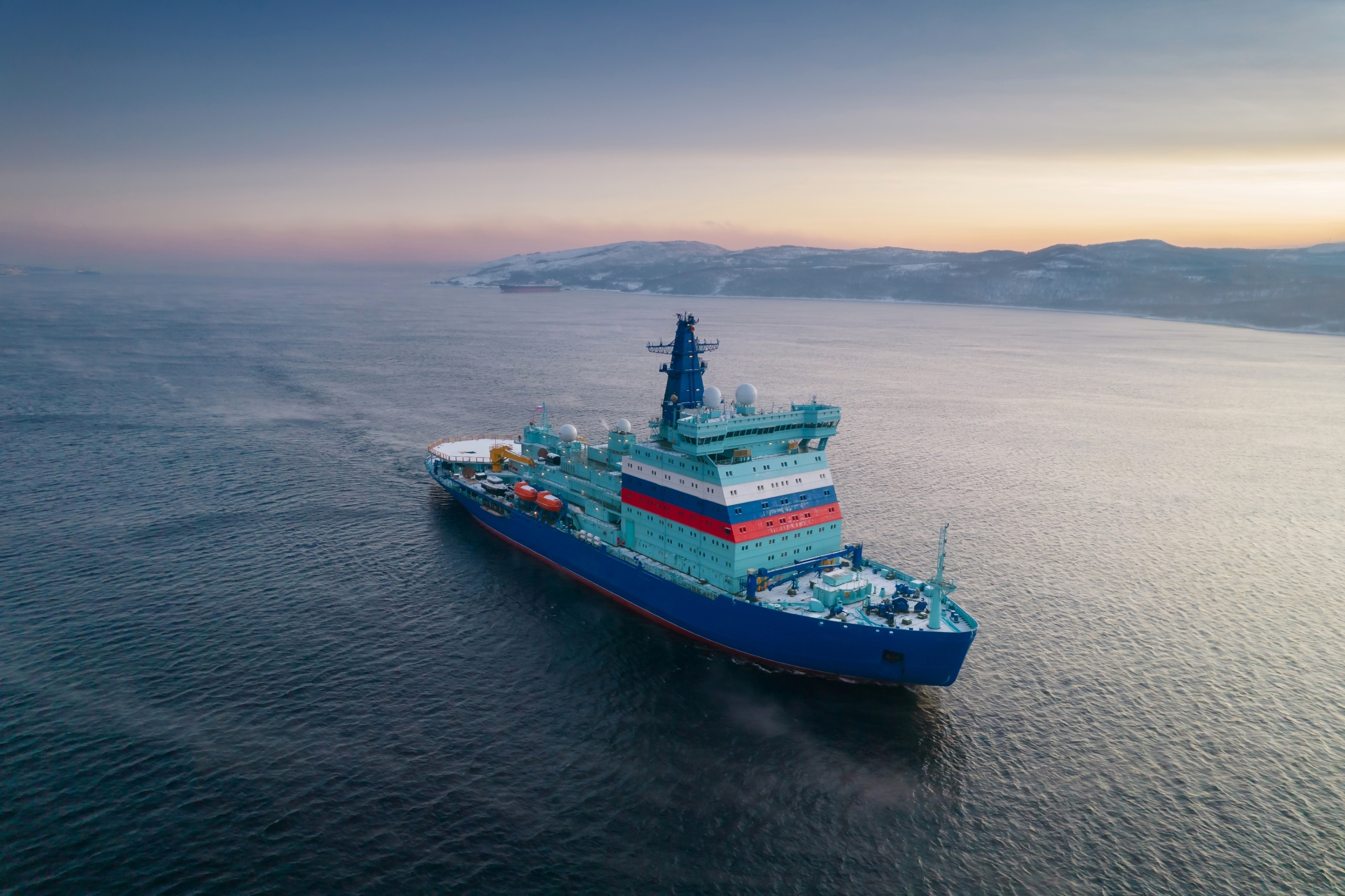
Long spared the effects of global geopolitical tensions, the polar space has, in recent decades, become the theater of extensive cooperation and close dialogue between Russia and the Western Arctic states. However, Russia’s annexation of Crimea in 2014 shattered this trust, which had been built on scientific, economic, and cultural exchange and on a consensus-based approach to common challenges, such as those concerning the environment, through regional institutional mechanisms.
Although regional forums for dialogue have continued to function, no new diplomatic or strategic initiatives were commenced between 2014 and 2022. Indeed, a growing number of military exercises have caused a new antagonism to set in, evoking the Cold War. The war in Ukraine has heightened this trend, which has since been confirmed by Finland and Sweden joining NATO. Having been diplomatically isolated at the regional level, Russia has been stepping up its initiatives to form alternative partnerships, with a plan to develop the north of its territory, including the Northeast Passage, also known as the Northern Sea Route (NSR).
As one of the Kremlin’s geopolitical priorities since the start of the twenty-first century, the Russian Arctic is now feeling the effects of this new geostrategic configuration, including a slowdown in industrial and economic projects—under Western sanctions—and a radical change in the region’s Russian population, conditioned by the war in Ukraine and by animosity toward the West. This long-term shift has structurally distanced the Russian Arctic from the rest of the polar region, drawing it somewhat closer to Asia. Furthermore, this fracture in the region has fueled global geopolitical changes marked by the rivalry between China and the United States in the Indo-Pacific space.
Florian Vidal is an associate research fellow at Ifri’s Russia/Eurasia Center. He holds a PhD in political science and is a researcher at UiT, The Arctic University of Norway. He specializes in the resources-energy-technology nexus in the context of the Anthropocene, especially in relation to issues concerning mining in remote areas (such as the polar regions, seabeds, and outer space).
In addition, he is an associate research fellow with the Laboratoire interdisciplinaire des énergies de demain (LIED) (Interdisciplinary Energy Research Institute) at the CNRS, based at Paris Cité University, and a member of the ANR Strategic Metals research project coordinated by the Bureau de recherches géologiques et minières (BRGM) (Bureau of Geological and Mining Research). He also teaches at the Saint-Cyr Military Academy. Florian Vidal has extensive field experience in Northern Europe, Russia, and Latin America.

Also available in:
Themes and regions
ISBN / ISSN
Share
Download the full analysis
This page contains only a summary of our work. If you would like to have access to all the information from our research on the subject, you can download the full version in PDF format.
Russia in the Arctic: The End of Illusions and the Emergence of Strategic Realignments
Related centers and programs
Discover our other research centers and programsFind out more
Discover all our analysesRussia and the New BRICS Countries: Potentials and Limitations of a Scientific and Technological Cooperation
At the fifteenth BRICS summit, held in Johannesburg, South Africa, from August 22 to 24, 2023, a resolution was adopted to extend an invitation to six new countries to join the organization: Argentina, Egypt, Ethiopia, Iran, Saudi Arabia, and the United Arab Emirates (UAE). All of these countries except Argentina duly became members of BRICS in 2024, with the expanded group known as BRICS+. In addition to the political and economic advantages, it is assumed that the incorporation of these new countries could potentially facilitate their scientific and technological development.
The South Caucasus: A New Strategic Space?
The states of the South Caucasus are trying to find their footing in an increasingly fragmented international landscape.
Between Aspiration and Reality: Russia in the World (Dis)order
The world has rarely seemed more disorderly than it is today. But in this anarchic environment, some things are constant.
Central Asia: Making Use of a Historic Opportunity
This report analyzes the economic and geopolitical situation in Central Asia.


